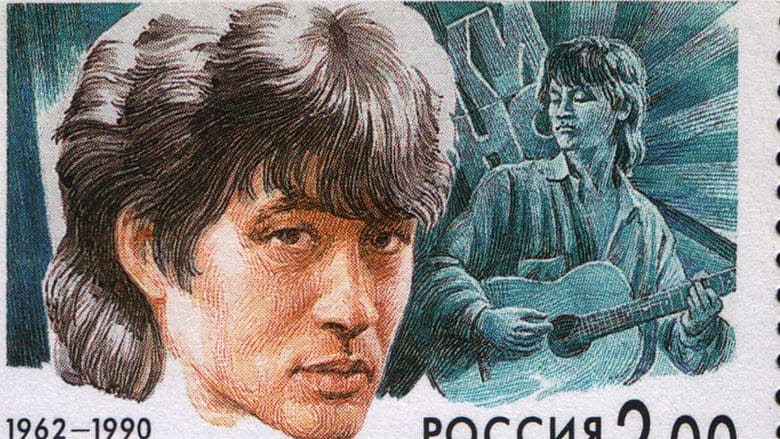Viktor Tsoi and underground Soviet Rock

For most of the Soviet Union's existence there were two types of musicians: those who worked for Melodiya, the state-run recording company, and the bards, those who recorded and performed underground, unwilling to let the government compromise their art. The bands who recorded on Melodiya inevitably wound up as generic, unthreatening pop, whereas the underground groups embraced subversive lyricism and western-influenced rock and roll.
The Soviet Union, 1981, the Leningrad Rock Club opens under the supervision of the KGB. The intent was to create a center for music that would be government controlled, and therefore prevented from causing controversy. But contrary to their wishes, the club grew to become a haven for musicians where they could discuss, hear and perform subversive, western-style rock music.

